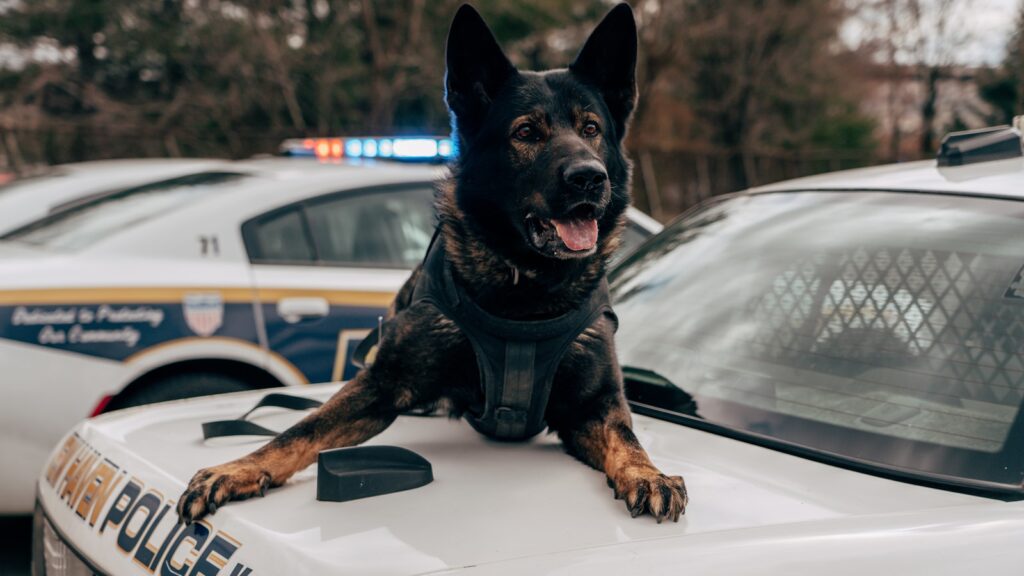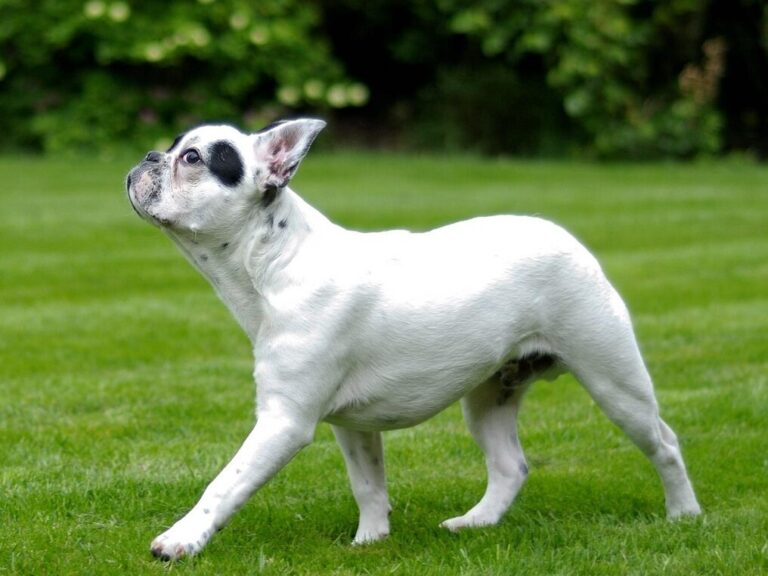15 Surprising Things Dogs Can Smell That Humans Can’t

Dogs have an amazing sense of smell, which is way stronger than anything we can imagine. While humans have about six million olfactory receptors, dogs have up to 300 million, making their sense of smell 40 times more powerful than ours. This crazy ability lets them sniff out things we can’t even catch a whiff of. Here are 15 surprising things dogs can smell that we can’t.
People

Dogs have an incredible ability to track people by smell, which is why they’re used in missing-person searches. Trained search and rescue pups can follow a scent from one footprint to the next and even catch scents in the air. This is a game-changer for finding lost people since we have nothing close to that ability.
Cancer

Scientists have confirmed that our furry friends can smell cancer in its early stages. The cancerous tumors give off proteins that dogs can pick up in urine. They can detect a few different types of cancer, including lung, bladder, prostate, and breast cancer. Some dogs even help out in clinics during the early stages of diagnosis.
Human Emotions

Dogs are good at picking up on our emotions, and a lot of that comes from their awesome sense of smell. When we feel different things, our bodies release subtle chemical changes like pheromones and hormones. Dogs can smell these changes, so they often know when we’re happy, sad, or anxious, even before we say anything. This makes them great emotional support animals who seem to get us on a deeper level.
Bed Bugs

Bed bugs release an odor from their scent glands that’s only noticeable to humans in large amounts, like when there’s an infestation. Many new pest control methods now use bed-bug sniffing dogs, whose incredible noses can detect this odor in the earliest stages. This helps get rid of bed bugs before an infestation gets out of hand.
Heat

New research by scientists at Lund University in Sweden and Lorand University in Hungary has found that dogs actually have sensory cells at the tips of their noses that work like infrared sensors. These cells let them detect (or essentially smell) tiny changes in temperature. This helps alert the dog when people, other dogs, or even predators are nearby.
Ovulation and pregnancy

Since canines are sensitive to the smells in our urine, it makes sense that they can smell our hormones, too. With all the hormonal changes happening in a woman’s body during pregnancy, dogs are usually able to pick up on those differences. Of course, these hormonal changes also bring about shifts in body scent that dogs can smell, even in the early stages of pregnancy.
Natural Disasters

You’ve probably noticed that your dog acts a bit differently when a big storm is rolling in. Dogs can smell even the tiniest changes in the air, as well as shifts in temperature, which helps them sense and predict major weather events like hurricanes or tornadoes before they happen. It’s pretty wild how in tune they are with the environment.
Chemicals

Scent detection dogs are trained to sniff out a specific chemical, something we often can’t detect with our weaker noses. But a dog’s powerful sense of smell and large olfactory glands make them perfect for picking up on these tiny traces of chemicals. A dog’s behavior, like burying bones, is driven by their survival instincts.
Seizures Before They Happen

Some dogs have this amazing ability to smell seizures before they happen. While scientists are still trying to figure out exactly how they do it, it’s thought that dogs can pick changes in the body’s scent or electrical activity right before a seizure strikes. This gives people with epilepsy a heads-up to take precautions or get to a safe spot before it hits.
Stress

Ever wonder why your dog tends to snuggle up to you when you’re feeling stressed? It’s not just for comfort—dogs can actually smell stress. When we’re stressed, our bodies release a unique scent that dogs can detect. Cortisol, the so-called stress hormone, has a distinct odor that our pups can pick up on, which makes them amazing emotional support animals when we need them most.
Fear

Dogs can literally smell fear. When we’re scared or anxious, our bodies produce sweat and release certain hormones that dogs can easily detect. This is why your dog may act protective or even get nervous when they sense fear in you or others nearby. They pick up on those tiny chemical cues, making them extra attuned to the emotions and well-being of the people they care about.
Malaria

Dogs can sniff out the presence of malaria parasites in your body, even when all kinds of traditional diagnostic methods have trouble picking them up. This makes dogs super valuable for early detection of diseases that are tough to diagnose otherwise. It’s just another example of how dogs’ noses might one day totally change the game in medical diagnostics.
Diabetes

Dogs have an amazing ability to sense changes in blood glucose levels just from a person’s breath, which can be super important for those with diabetes. Some dogs are specially trained to help people with severe diabetes by giving them a heads-up when their glucose levels drop too low so they can take action before things get risky.
Dead Cells

Dogs can detect dead cells in our bodies, which may sound a little creepy, but it’s one of the ways they can sense illness or injury before we even notice. When cells in the body die, they release certain odors that dogs can pick up on. This ability helps dogs catch health issues like infections, injuries, or even early stages of disease way before visible symptoms show up.
Time

It might sound a little weird, but dogs can actually smell time—or at least, they can sense how time passes through their amazing noses. Dogs pick up on these changes as scents fade and shift throughout the day. This is why your dog always knows when it’s almost dinner time or when you’re about to come home.





